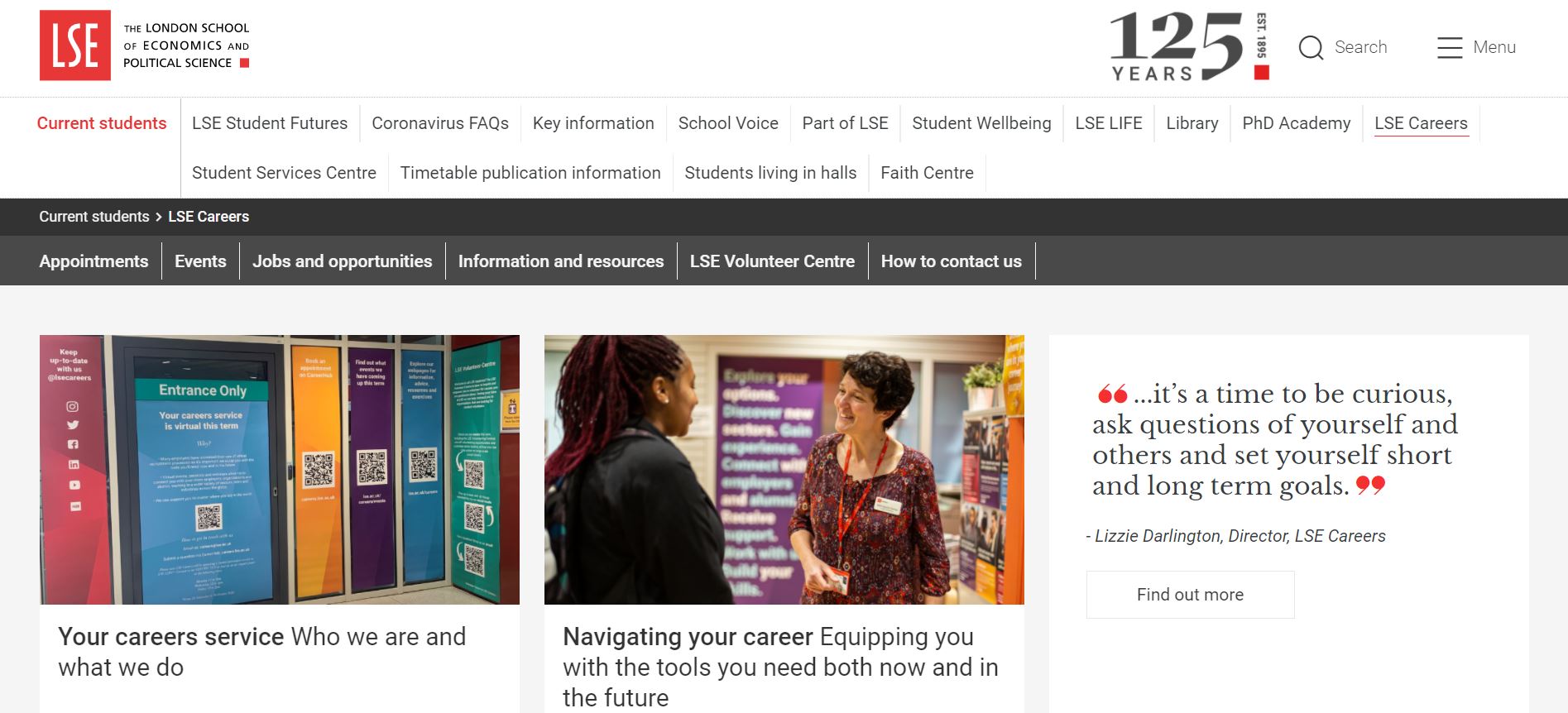Having a quality CV ready at hand is a great idea to navigate the world of careers and opportunities today. A CV is almost always the first thing employers want to see from you before considering you a suitable candidate. Therefore, it is essential to have a professional CV so you can have a real chance at grabbing the opportunity you are after. Here are my tips. Use them well – good luck, and carpe diem!
- Structure
CVs should be a maximum of two pages long. Employers do not have time to review every CV they receive, so having more than two pages will likely undermine your application. This also means that you should limit your word count and keep sentences short, concise and minimal without compromising grammar and the point you are trying to make.
To remain professional, aside from using capital letters to make your name stand out on top of your CV, it is best to avoid using capitals in the rest of your CV.
Always stick to the same CV format. Do not switch up your style or structure. This will make the CV look professional and tidy. This also applies to how you write down your dates. Keep consistent and always use the same format throughout the document – e.g. ‘01/12/2019’ or ‘December 01 2019’.
- Professionalism
It is etiquette and standard to be professional with anything job-related, even when applying for a job or a role. Avoid humour and slang as these are seen as unprofessional (albeit a bit of humour in an interview or workplace scenario may be a good thing).
Ensure you have excellent grammar and spelling. Use the spellcheck function and, assuming you are sending your CV to an employer in the UK, make sure you use British English and not American English to reinforce your professionalism. In essence, professionalism shows the employer that you are a serious candidate.
- Experience
Showcase your talents to the employer by using your experience! List the skills and experiences you have gained from various roles or projects you have been involved in, irrespective of whether the experience was a one-day volunteering project, a full-time job or a freelance position.
Include any experience you have from recent times. Try not to use experience examples from over five years ago, as employers may think that you have probably forgotten about the experience you gained or they may think you have not done anything for many years, and thus they see you as a less competitive candidate (I do not make the rules!). The exception is if you worked somewhere for many years, as employers may quickly see that you are a committed and dedicated individual who gets the work done.
Tailor the experience you write about according to the role you are applying to. For example, if you are applying to a law firm, try to include some legal experience to stand out from employers in the legal industry. Although this is not a prerequisite (i.e. it is okay if you lack experience in a specific field), and employers may say that they do not look for particular expertise, I believe employers will be that much more impressed by you.
Use bullet points. Write in the 3rd-person about what you gained from your experience. For example, I am an LSE Student Blogger, so one bullet point I can write is “Committed to writing at least one blog every two weeks and experimented with multiple blog subjects”. Another example I can write, “Received positive feedback from LSE students on a blog about Turkish restaurants, which was shared over fifty times”. You want to keep your sentences concise and not have too many bullet points (say, over five bullet points).
As you can see from my second example, statistics are also a great way to ground your achievements. If you raised £500 for charity, mention it. It will look impressive to the employer and it will pique their interest in how you raised that money.
- Education
Bad grades? No problem. Always be honest in your CV. Include the bad grades, but also include the good grades. Employers will see which subjects you thrived in and which topics you struggled to understand.
If you have a big turnaround from, say, a C in GCSE History but achieved an A* in A-Level History, then also include that. Employers will be impressed.
Include your entire education history, any grades (including predicted grades), the subjects you studied or are studying.
- References
If any, do include one or two references at the very end of your CV. Include their title(s), name(s), email, mobile number and address, and their job role, including their relation to you. You will want to avoid including family members, as this is generally thought to be unprofessional (unless you have a professional family contact).
The employer will appreciate this, especially if they want to check the authenticity of what you have included in the CV. They might also want to give your references a call and ask a few questions about why you may be an ideal candidate.
These tips should help you write a good CV. There is no ‘great CV’ out there, but some, I am sure, definitely stand out more than others to employers. If you can impress the recruitment team with your CV, you will likely have a head start.





Did they checked grades or only verified the degrees?